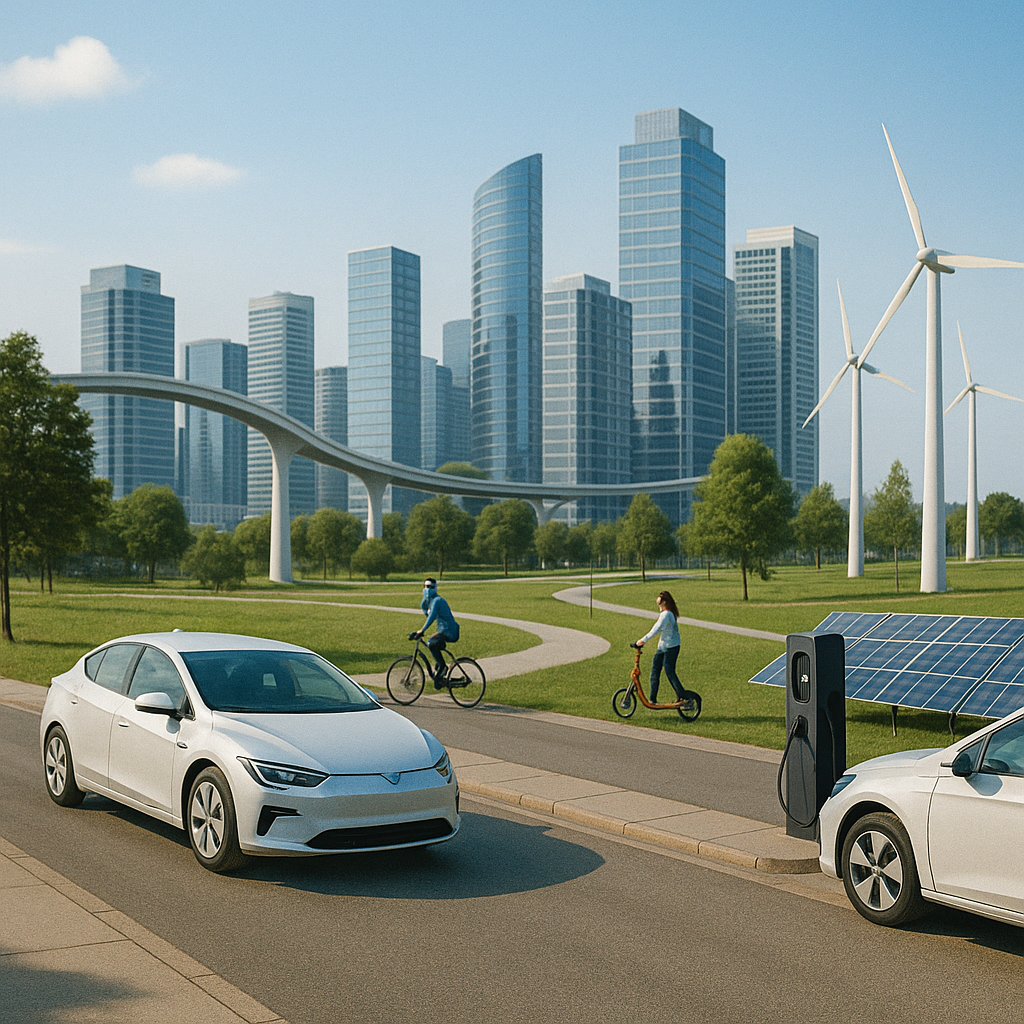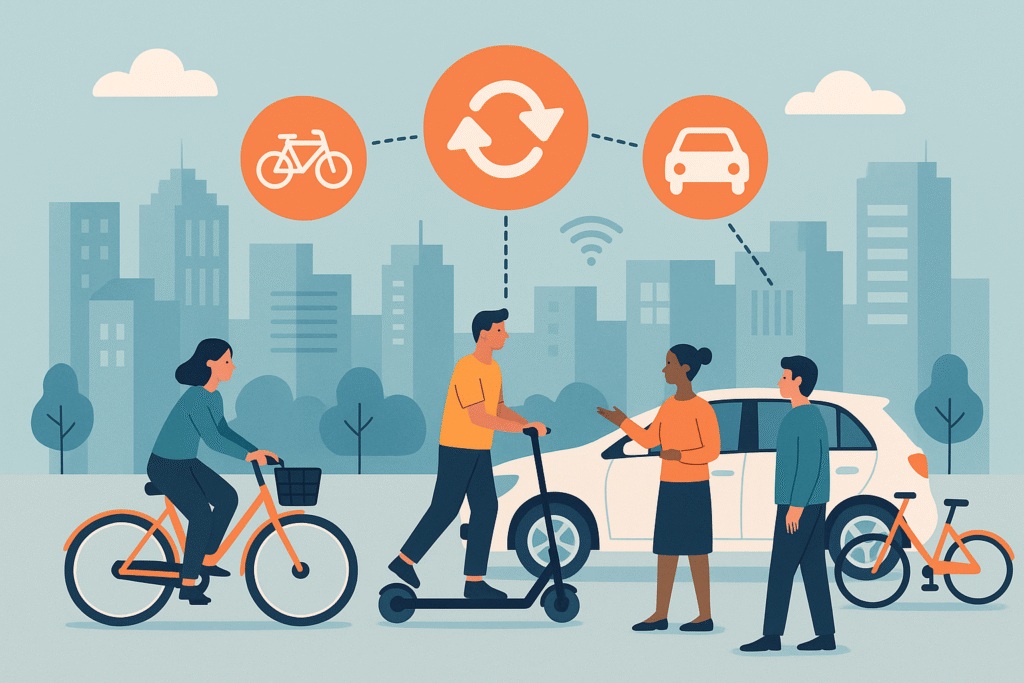Car-sharing is reshaping urban mobility across Europe, offering flexible, cost-effective, and sustainable alternatives to car ownership. As demand for shared mobility solutions grows, innovative startups are stepping up to bridge the gap, each with a unique approach tailored to their local markets. Among the most notable players are Snappcar from the Netherlands, Hiyacar from the UK, and Volvero from Italy. These startups exemplify the potential of car-sharing to revolutionize transportation while addressing specific regional challenges.
Snappcar (Netherlands): Pioneering Peer-to-Peer Car-Sharing
Snappcar is one of the largest peer-to-peer (P2P) car-sharing platforms in Europe, with a strong presence in the Netherlands, Denmark, Germany, and Sweden. Founded in 2011, Snappcar enables private car owners to rent out their vehicles when not in use, reducing the overall number of cars on the road and optimizing vehicle utilization.
Despite its success, Snappcar faces challenges such as ensuring trust and security among users, as well as managing insurance complexities. However, with a growing user base and increasing awareness of sustainable mobility, Snappcar continues to expand its impact across European cities.
Check out SnappCar here!
Hiyacar (United Kingdom): A Localized Approach to Car-Sharing
Hiyacar, founded in London, operates with a community-driven car-sharing model similar to Snappcar but with a stronger emphasis on hyper-local vehicle availability. The platform’s “Keyless Tech” feature allows for seamless car access, reducing logistical hurdles for both car owners and renters.
In the UK, where urban congestion and parking constraints are major concerns, Hiyacar provides an efficient solution by promoting better vehicle usage without the need for additional cars on the road. Challenges remain, particularly in scaling operations outside major metropolitan areas, but the company continues to adapt to market needs and expand its reach.
Check out Hiyacar here!
Volvero (Italy): A Smart, Sustainable Mobility Solution
 Volvero, an Italian startup, takes a slightly different approach by integrating advanced technology and a mission-driven focus on sustainability. Unlike traditional car-sharing models, volvero connects owners of underutilized vehicles with drivers who need temporary access to a vehicle. The platform employs AI-driven features to enhance user experience, ensure security, and optimize rental agreements.
Volvero, an Italian startup, takes a slightly different approach by integrating advanced technology and a mission-driven focus on sustainability. Unlike traditional car-sharing models, volvero connects owners of underutilized vehicles with drivers who need temporary access to a vehicle. The platform employs AI-driven features to enhance user experience, ensure security, and optimize rental agreements.
Italy’s mobility landscape presents unique challenges, including regulatory barriers and varying levels of car ownership across regions. However, volvero is leveraging these challenges as opportunities by advocating for more flexible mobility solutions and collaborating with local governments to promote sustainable transportation.
Check out Volvero here!
Challenges and Opportunities in the European Car-Sharing Market
While car-sharing is gaining momentum across Europe, startups in this space face several common hurdles. Regulatory frameworks vary significantly from country to country, requiring companies to navigate complex legal landscapes. Additionally, building trust among users remains a key challenge, with concerns around vehicle security, liability, and insurance policies.
On the flip side, opportunities abound. Increased environmental awareness, technological advancements, and shifting attitudes toward car ownership are driving demand for shared mobility solutions. The COVID-19 pandemic also highlighted the need for flexible, on-demand transportation options, further accelerating the adoption of car-sharing services.
The Impact on Local Communities and Mobility Trends
Car-sharing startups like Snappcar, Hiyacar, and Volvero are not just changing how people travel: they are influencing broader mobility trends and urban planning strategies. By reducing reliance on private car ownership, these platforms contribute to lower traffic congestion, reduced emissions, and more efficient use of urban space.
Moreover, car-sharing fosters a sense of community by enabling peer-to-peer interactions and offering an alternative to traditional rental services. As cities strive to become more sustainable and adaptable to future mobility needs, vehicle-sharing is set to play a crucial role in shaping the next generation of transportation.
Looking Ahead: The Future of Car-Sharing in Europe
The European vehicle-sharing market is at an exciting crossroads, with startups leading the charge in innovation and sustainability. While challenges remain, the continuous evolution of technology, regulatory frameworks, and consumer habits will define the sector’s future. Snappcar, Hiyacar, and Volvero are prime examples of how car-sharing can transform mobility, making it smarter, more efficient, and more accessible for everyone.
As urbanization accelerates and environmental concerns grow, car-sharing is poised to become a fundamental component of modern transportation systems. The question is no longer if car-sharing will succeed, but how it will continue to evolve and integrate into everyday life.






